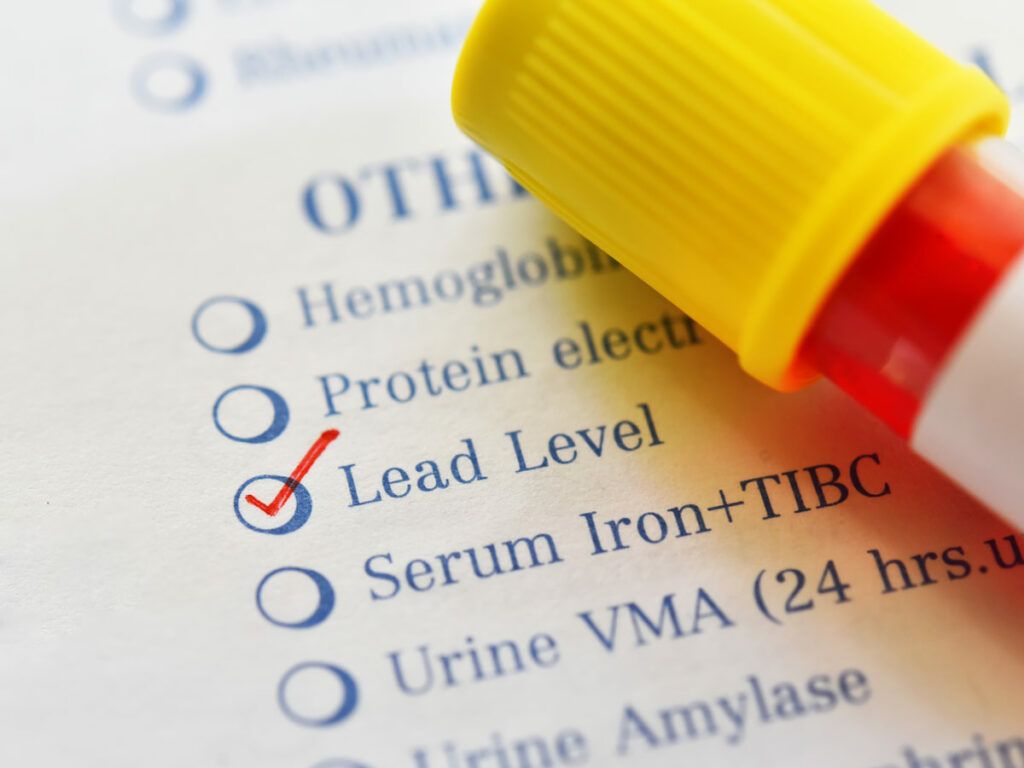Lead has been a known toxin for decades: it was banned from paint in 1978 and from gasoline in 1996. However, lead still has numerous commercial uses, including in car batteries, pigments, ammunition, weights, and radiation protection—and in pipes used to carry drinking water. That can lead to significant harm from industrial pollution; and with between 9.7 million and 12.8 million pipes containing lead in the US, lead poisoning from the water supply is still a very real concern.
Probably the most well-known example of widespread lead poisoning in recent years occurred in Flint, MI, where the city opted to draw its water from a polluted river instead of the Detroit water utility, sending toxic water into the city’s homes. After the crisis garnered widespread media attention, investigations lead to criminal indictments of municipal and state employees, and a lawsuit ended in a settlement of over $600 million.
But Flint is hardly the only example. In Benton Harbor, MI, another majority-black municipality, widespread lead poisoning came from the water pipes still used by the city—and was only discovered in 2018 after the Rev. Edward Pinkney noticed discoloration in residents’ water and raised the alarm. Even now, four years later, the city is just beginning to award contracts to replace the pipes, and residents are relying on bottled water brought in by volunteers from Indiana.
Lead also poses an occupational risk, especially for workers at smelters such as the Gopher Resources facility in Tampa, FL, where lead-laced dust has poisoned hundreds of employees. Even though the risk of lead poisoning was well known, workers were not provided adequate protective gear—or, in many cases, even told that the dust blowing through the factory contained lead.
The effects of lead poisoning are most acute in children, who can experience behavior and learning problems, lower IQ, hyperactivity, slowed growth, hearing problems, and anemia. Lead can also accumulate in the body over time, posing a risk to unborn children whose mothers are exposed before or during their pregnancy. In adults, lead poisoning can have cardiovascular effects, such as increased blood pressure and hypertension; it can decrease kidney function; and it can create reproductive problems.
While local, state, and federal governments are mostly committed to protecting the population from lead poisoning, history tells us that real remediation only happens when media attention and lawsuits put pressure on authorities to act. If you have been exposed to lead at work, in your drinking water, or as a result of industrial pollution, you should consult a qualified attorney to pursue relief for yourself and others who may be experiencing the same effects.

